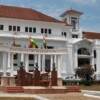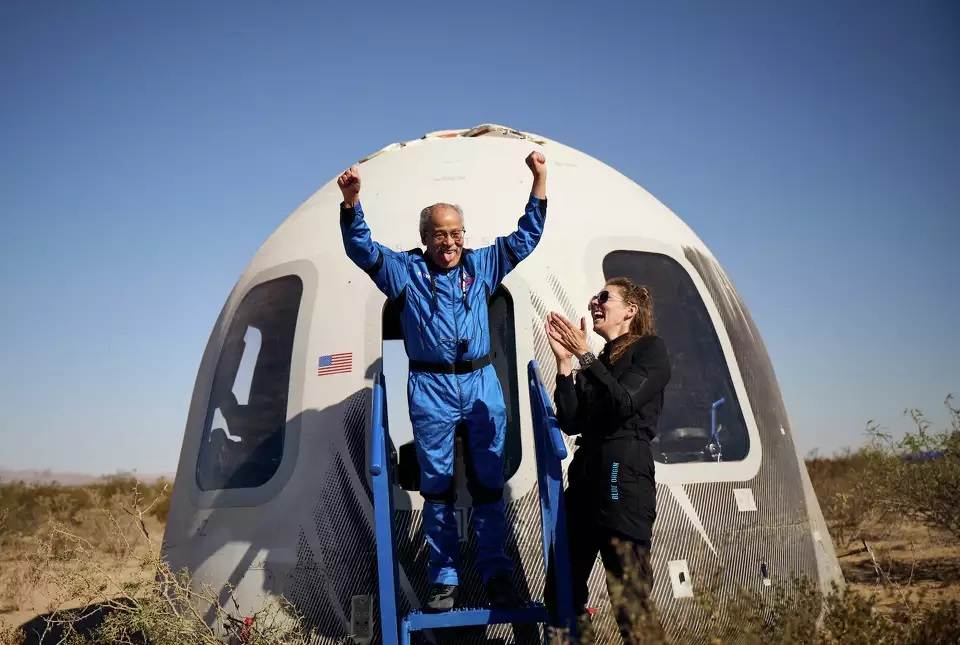19
Jun
Supreme Court dismisses suit challenging FDA’s ban on celebrities in alcohol adverts
Top Stories Tamfitronics The Supreme Court has dismissed a suit seeking to declare as unconstitutional the Food and Drugs Authority’s (...



 Hot Deals
Hot Deals Shopfinish
Shopfinish Shop
Shop Appliances
Appliances Babies & Kids
Babies & Kids Best Selling
Best Selling Books
Books Consumer Electronics
Consumer Electronics Furniture
Furniture Home & Kitchen
Home & Kitchen Jewelry
Jewelry Luxury & Beauty
Luxury & Beauty Shoes
Shoes Training & Certifications
Training & Certifications Wears & Clothings
Wears & Clothings








